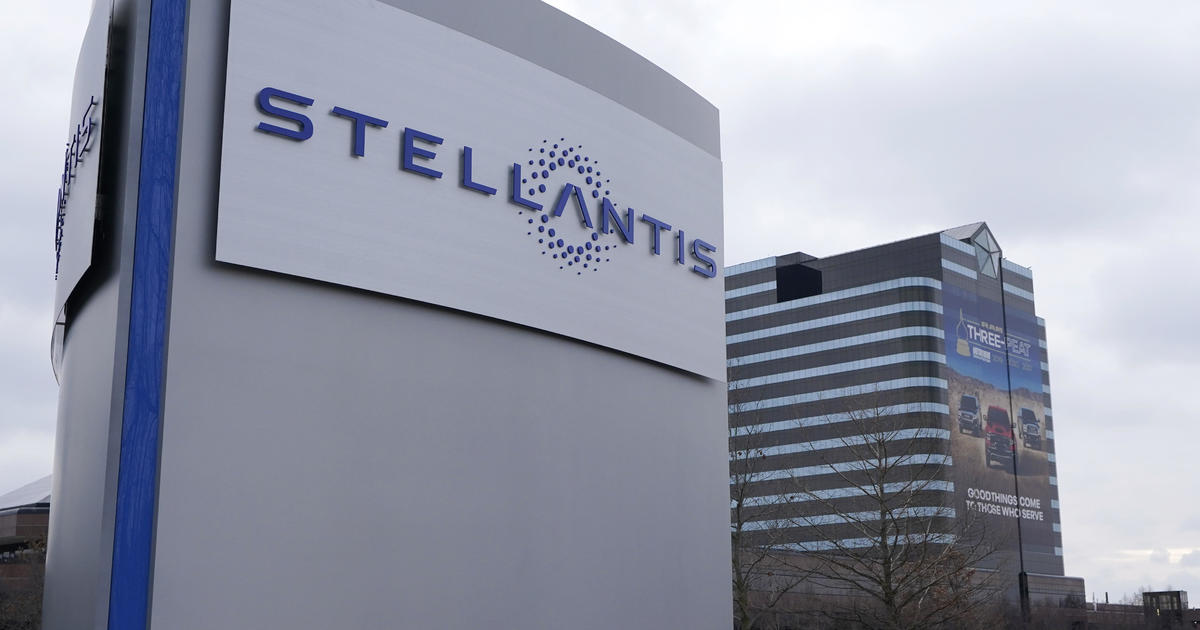Not All E-Retailers Had a Happy Holiday
Ann Arbor-based ForeSee Results has released its annual holiday survey showing that while many e-retailers had a holiday to celebrate, customer satisfaction with the top 40 online retailers overall has fallen since last year.
The sixth annual ForeSee Results E-Retail Satisfaction Index (U.S. Holiday Edition) slipped 1 percent to 78 on the study's 100-point scale compared to the 2009 holiday season. However, that score is still significantly higher than previous years.
The overall decline can largely be attributed to declining scores for some computer and electronics retailers and mass merchants.
"In a recovering economy, a lot of us assume that declining satisfaction is a result of frustration with prices. Our research shows that is not always the case, and that it varies drastically from company to company," said Larry Freed, president and CEO of ForeSee Results. "Retailers are slashing prices this time of year to attract customers, and not all of them need to be doing that."
The report includes individual satisfaction scores with the 40 top e-retailers for the past six years, allowing for comparisons over time and between companies. Amazon, Netflix, QVC.com, Avon.com, LLBean.com, Newegg.com and Apple.com are rated by customers as the most satisfying retail Web sites, each scoring 82 or higher. Altogether, a dozen retail sites had superior customer satisfaction scores of 80 or higher.
The report found that customer satisfaction has a huge and quantifiable impact on the future success of a website. Highly-satisfied visitors to retail websites say they are 60 percent more committed to the brand overall, 61 percent more likely to purchase from the retailer online, 35 percent more likely to purchase from the retailer offline, and 64 percent more likely to recommend the retailer than are dissatisfied visitors. Nearly 20 years of research coming from both academia and the private sector indicates that increasing customer satisfaction is one of the most powerful things a retailer can do in any channel to increase sales, loyalty, and positive word-of-mouth recommendations.
"What else can a retailer do between now and next November to make customers 61 percent more likely to purchase, or even 10 or 20 percent more likely?" asked Freed. "There are few investments aside from improving customer satisfaction that would have the same impact on sales, loyalty, and recommendations, and result in such targeted, actionable recommendations at both strategic and tactical levels."
The report examined a few notable head-to-head match-ups:
Amazon vs. Walmart.com: E-retail giant Amazon (86) and retail behemoth Wal-Mart (80) both have superior online satisfaction scores, but Amazon still holds a significant 6-point advantage. Amazon beats Walmart.com in three measured drivers, or elements, of website satisfaction: content, functionality, and merchandise, and they are tied on consumers' perceptions of their prices. When it comes to priorities for improvement, neither retailer registers price as a top priority for improvement, which indicates the two may not need to be doing the price slashing we've seen in the last week before Christmas.
Staples vs. Office Depot vs. OfficeMax: The three major office suppliers compete closely in terms of satisfaction, with Staples leading at 78, Office Depot at 76, and OfficeMax at 75. The difference-maker in the office supply category is price, and Staples scores better than its rivals for the price element of the retail website experience.
Netflix vs. Blockbuster: While video rental is not typically associated with holiday retail, Blockbuster and Netflix are still two of the highest revenue e-retail websites on the Internet. Netflix is online only. Blockbuster has the potential advantage of being an integrated multi-channel retailer, but Netflix (86) beats Blockbuster (76) in two very important categories: price and website functionality. In this case, improving functionality is more important than price if Blockbuster is going to make any strides toward closing the satisfaction gap with Netflix.
Apple.com vs. Dell.com vs. HP.com: In the battle of PC manufacturer websites, Apple (82) continues to dominate Dell (76) and HP (78). Apple defies conventional wisdom because it achieves the highest customer satisfaction despite scoring below its rivals on perceptions of prices. However, Apple scores much higher than the others in website functionality, which is the most important driver of customer satisfaction for all three websites.
Across all of the analyzed match-ups, the companies with higher customer satisfaction also have better scores for desired likely future behaviors, such as brand commitment, likelihood to purchase, and likelihood to recommend, which is not surprising, since the ForeSee Results methodology shows, time and again, that satisfaction is a key driver of future consumer behavior.
"The holiday shopping season is the time of year that retailers have the most exposure to the broadest spectrum of consumers," said Kevin Ertell, vice president of retail strategy at ForeSee Results. "And because customer satisfaction is predictive, this study is a great opportunity for retailers to see how they measure up to the competition and figure out what they need to do to drive sales well into the next year."
The annual Top 40 E-Retail Satisfaction Index from ForeSee Results and FGI Research uses the patented methodology of the American Customer Satisfaction Index (ACSI), which was developed at the University of Michigan and is a proven predictor of consumer spending.
The full report can be downloaded for free at www.ForeSeeResults.com.
The sixth annual holiday online satisfaction report is based on a survey of nearly 10,000 visitors to the top 40 e-retail websites according to sales revenue as reported by Internet Retailer's Top 500 Guide. Survey responses were collected FGI Research's Smart Panel. The study measured satisfaction among shoppers who visited the site, regardless of whether or not they ultimately executed a purchase online, which provides insight into the performance of retail websites as research and purchase channels. ForeSee Results used the methodology of the American Customer Satisfaction Index to calculate the scores. The ACSI is the national standard for customer satisfaction, and this measure has been shown to have a direct link with stock prices and other measures of financial performance.



